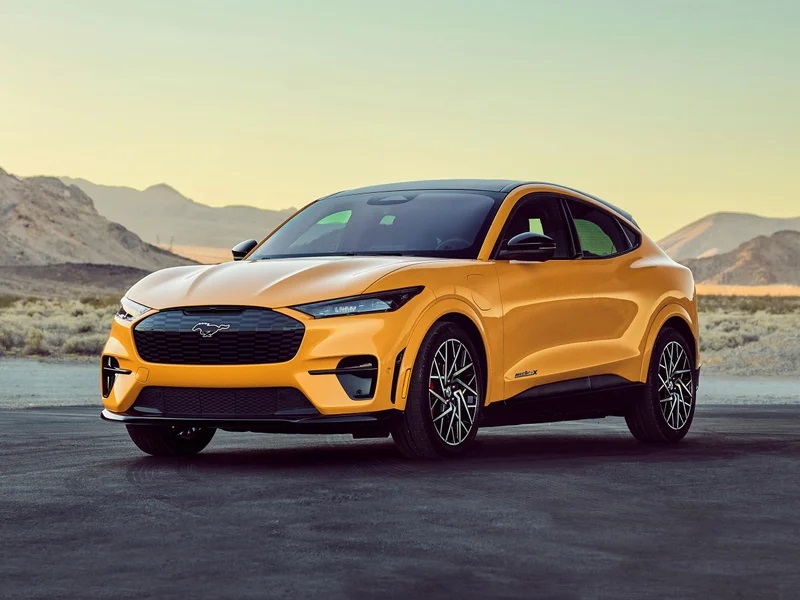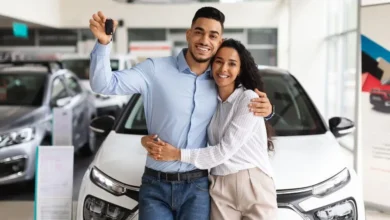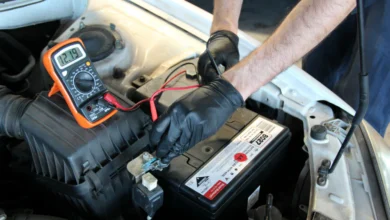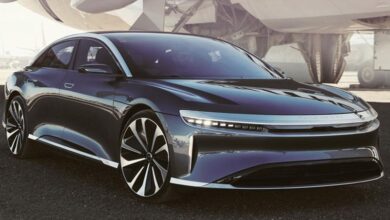
Cars and Culture: How Automobiles Influence Modern Lifestyle and Media
In today’s society, automobiles play a significant role in shaping our culture and everyday lives. From the way we commute to work, to the type of cars we drive, and even how cars are portrayed in media, automobiles have become deeply intertwined with modern lifestyle and media.

Automobiles as a Status Symbol
For many people, the type of car they drive is not just a mode of transportation but a reflection of their social status and personal identity. Luxury car brands such as Mercedes-Benz, BMW, and Audi are often associated with wealth and success, while eco-friendly cars like Tesla have become symbols of environmental consciousness.
Car enthusiasts often form communities and clubs based on their shared love of certain car models or brands, further solidifying the connection between automobiles and culture. Car shows and races are popular events where people gather to admire and celebrate the beauty and power of cars.
Automobiles in Media
Automobiles have also played a significant role in shaping media and entertainment. From classic movies like “The Fast and the Furious” to TV shows like “Top Gear”, cars are often featured as central elements in popular culture. Car commercials are a common sight on television and online platforms, with automakers using sleek designs and cutting-edge technology to appeal to consumers.
In music videos and songs, cars are frequently used as symbols of freedom, adventure, and rebellion. Artists like Jay-Z, Drake, and Taylor Swift have all incorporated cars into their music videos to convey a sense of luxury and sophistication.
Impact on Modern Lifestyle
The prevalence of cars in our daily lives has also influenced how we live and interact with our environment. Suburban sprawl and urban planning have been shaped by the need for cars, leading to a car-centric culture where driving is often the primary mode of transportation.
The rise of ride-sharing services like Uber and Lyft has revolutionized the way people get around cities, offering an alternative to traditional car ownership. Electric and autonomous vehicles are also changing the way we think about transportation, with the potential to reduce emissions and make driving safer and more efficient.
In conclusion, cars have a profound impact on modern lifestyle and media, shaping how we perceive status, identity, and entertainment. As technology continues to advance, the role of automobiles in our culture will only continue to evolve, influencing the way we live, work, and interact with the world around us.




